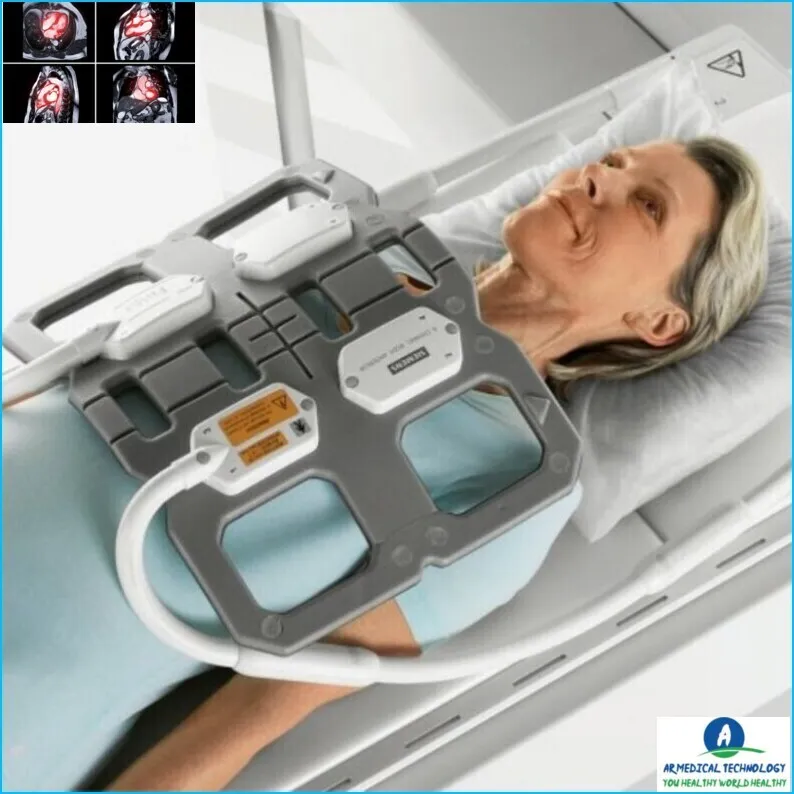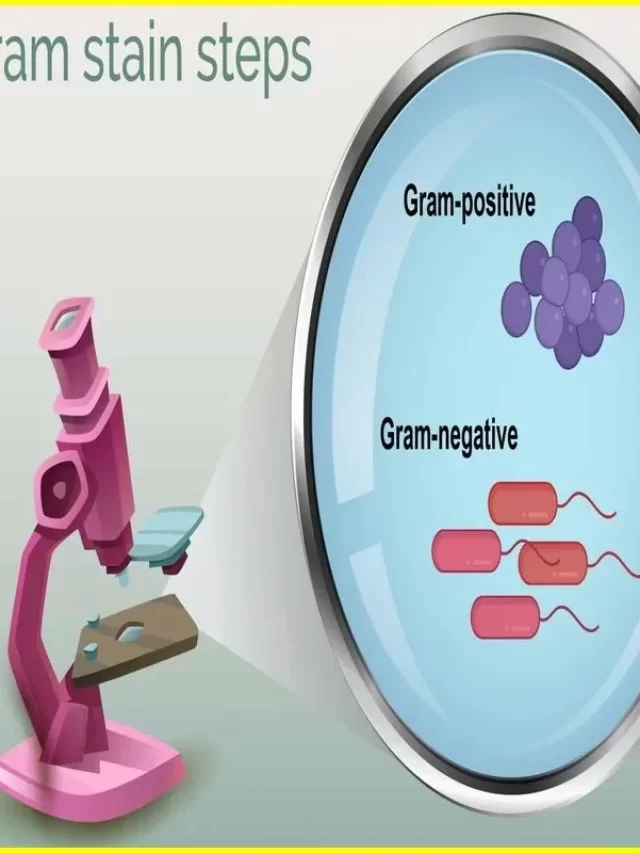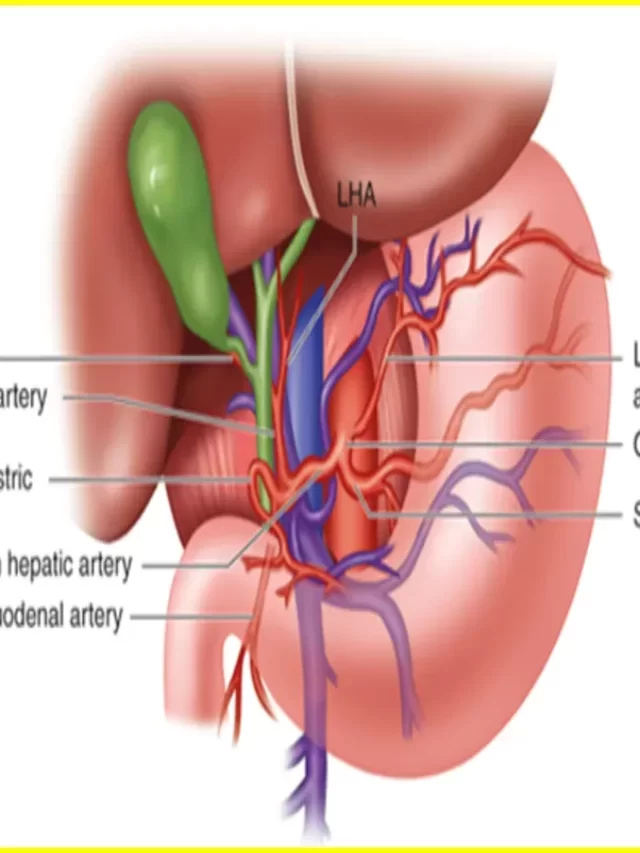What is a Cardiac Mri Indications
A cardiac magnetic resonance imaging (MRI) is a non-invasive medical treatment that uses magnetic resonance imaging (MRI) to provide accurate pictures of the heart and its surrounding components. Heart failure, coronary artery disease, and congenital heart defects are among the conditions that cardiac magnetic resonance imaging (MRI) can be used to examine. The procedure is carried out by a team of specialists that includes cardiologists, MRI technologists, and radiologists.
Usually, a hospital or outpatient facility administers the test. You will lay on a table that moves into the middle of the MRI machine during the operation. For a little period, you will be required to hold your breath as the machine takes your photographs. There is no radiation involved in the process, and it is painless. Throughout the process, you could be requested to wear a hospital gown. Throughout the exam, you will always be able to see and hear the technician. We’ll talk about cardiac MRI indications in this post.
Cardiac Mri Indications
Magnetic resonance imaging (MRI) is a diagnostic technique that produces finely detailed images of the heart. This is known as a cardiac MRI or cardiac mri indications. This test is used to identify a number of cardiac problems and can give vital information about the health of your heart.
Cardiac MRI is used to:
- assess the size and function of your heart chambers
- Evaluate your heart’s pumping function
- Find areas of damage or inflammation in your heart muscle
- Determine the presence and extent of coronary artery disease
- Monitor progress of known heart conditions
If you have symptoms like shortness of breath or chest discomfort that point to a heart issue, your doctor could advise a cardiac MRI. If your doctor has diagnosed you with a heart problem and wishes to determine the severity of the condition or track its development, they may also prescribe a cardiac MRI.
Article About:- Health & fitness
Article About:- Medical Technology
Article About:- Sports

How Long Does a Cardiac Mri Take
A cardiac MRI is a noninvasive test that uses magnetic resonance imaging (MRI) to create detailed pictures of the heart and its surrounding structures. The procedure is sometimes called cardiac magnetic resonance (CMR) or cardiac magnetic resonance imaging (CMRI).
Cardiac MRI can be used to evaluate the heart for a variety of conditions, including congenital heart defects, coronary artery disease, cardiomyopathy, and valvular heart disease. The test may also be used to assess the effects of treatment for these conditions.
Cardiac MRI is usually performed on an outpatient basis. The process takes about 30 to 60 minutes to complete. However, the total time required for the exam including preparation and recovery will be more.
Cardiac Mri vs Echo
Cardiac MRI and echocardiography are both noninvasive imaging tests that allow your doctor to view your heart without making any cuts. Both tests can provide important information about the structure and function of your heart.
Cardiac MRI is generally considered the more accurate of the two tests, and can provide more detailed information about the size and shape of your heart chambers, as well as the thickness of your heart walls. Cardiac MRI can also evaluate blood flow through your heart and detect any blockages in your coronary arteries.
Echocardiography is a less expensive test than cardiac MRI, and does not require exposure to radiation. However, echocardiography is not as good at detecting small abnormalities in the heart, and it may not provide as much information about the heart chambers or the structure of the coronary arteries. In this article we are discussing cardiac mri indications.
Article About:- Health & fitness
Article About:- Medical Technology
Article About:- Sports

indications for cardiac mri
A cardiac MRI (magnetic resonance imaging) is a test that uses a magnetic field and radio waves to create detailed pictures of the structures of your heart. Cardiac MRI can be used to:
- Evaluate the size and function of your heart chambers
- Assess the condition of your heart valves
- Determine whether you have coronary artery disease
- Find the wound or damage to your heart from a previous heart attack
- Identify any abnormal tissue in your heart
Cardiac MRI Procedure
A cardiac MRI is a diagnostic test that uses magnetic resonance imaging (MRI) to create pictures of the heart. An MRI machine uses a large magnet and radio waves to create these detailed images.
During the procedure, you will lie on a table that slides into the MRI machine. You will be asked to hold your breath for a short time while the machine takes pictures of your heart. The procedure usually takes 30-60 minutes.
cardiac mri indications can provide important information about the structure and function of your heart, including:
- the size and shape of your heart chambers
- the thickness of the walls of your heart
- the location and extent of any damage to your heart muscle from a previous heart attack
- the amount of blood flowing through your heart and major arteries
If you have coronary artery disease, a cardiac MRI can show how much plaque is present in your arteries and if any arteries are significantly narrowed or blocked. This information can help guide treatment decisions.

FAQ
What are the indications for heart MRI?

In addition to assessing congenital heart disease, the aetiology of heart failure, heart valve malfunction, masses, and the presence of genetic disorders, its primary application is in the assessment of the morphology, function, and viability of the heart. It is also helpful in the detection of ischaemia and infarction.
What are cardiac MRI used for?

A cardiac magnetic resonance imaging (MRI) may display the anatomy and function of the heart’s chambers, valves, and muscles, as well as the flow of blood through them. These finely detailed, two- or three-dimensional photographs aid in the diagnosing process for your healthcare professional.
What are the indications for an MRI?

An MRI can be used to check for tumors, structural abnormalities, traumas, and other diseases in the brain and/or spinal cord.
Adhesions.
problems that are congenital.
The aneurysm.
anomalies of the veins.
hemorrhaging or hemorrhage into the spinal cord or brain.
What are the parameters for a cardiac MRI?

RV end-diastolic volume (RVEDV), RV end-systolic volume (RVESV), RVEDV index and RVESV index (RVEDVI and RVESVI, respectively; RVEDV or RVESV divided by body surface area), RV stroke volume, and other parameters that are used to quantitatively assess RV function are best measured using cardiac MRI as the first-line diagnostic test.
Can cardiac MRI show blockages?

Vivien Williams: An MRI may reveal to Dr. Shapiro various information, such as the location of blood clots, artery blockages, scar tissue, or even tumors, as well as damage from heart attacks or infections and the efficiency with which the heart pumps.




